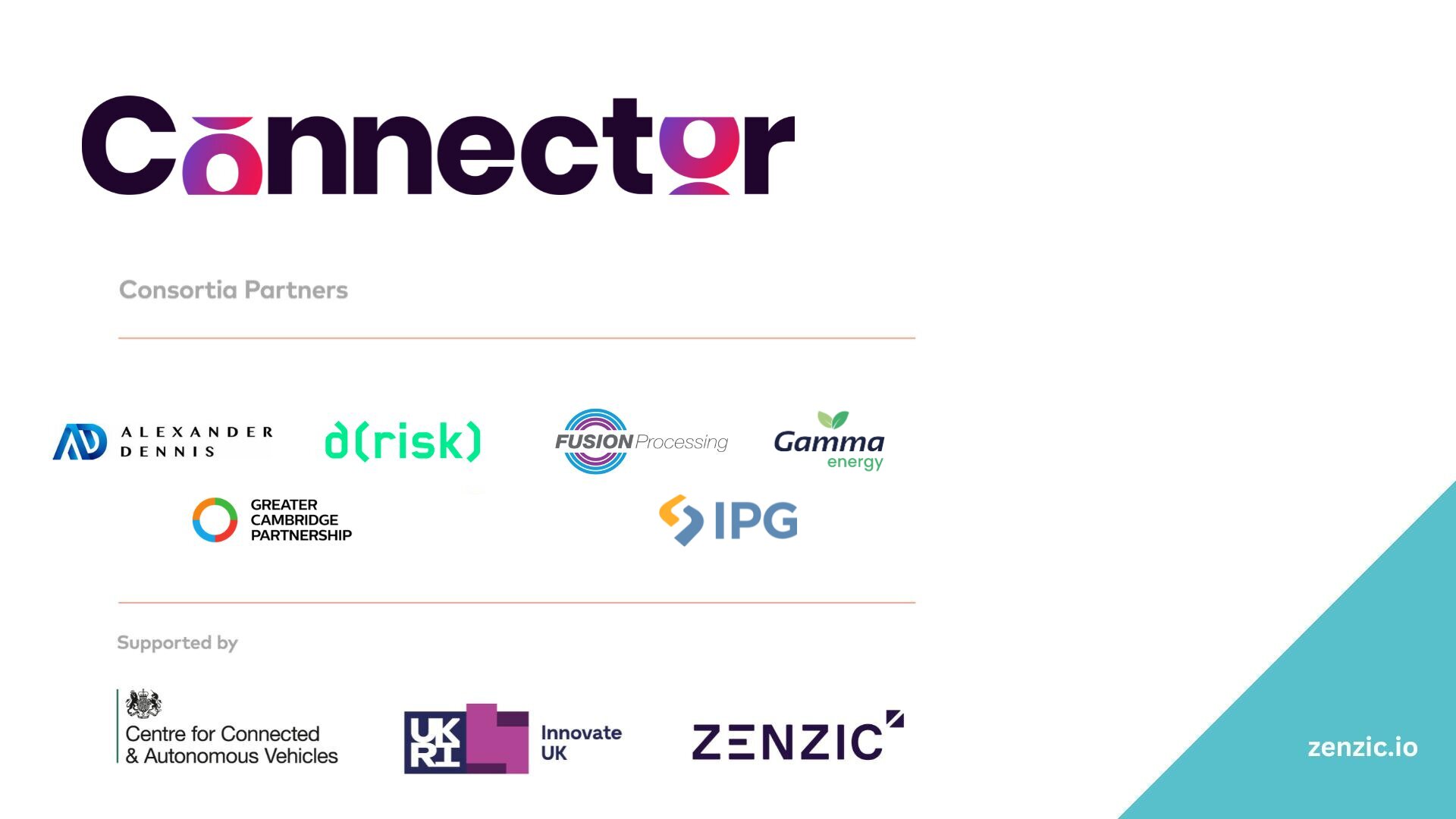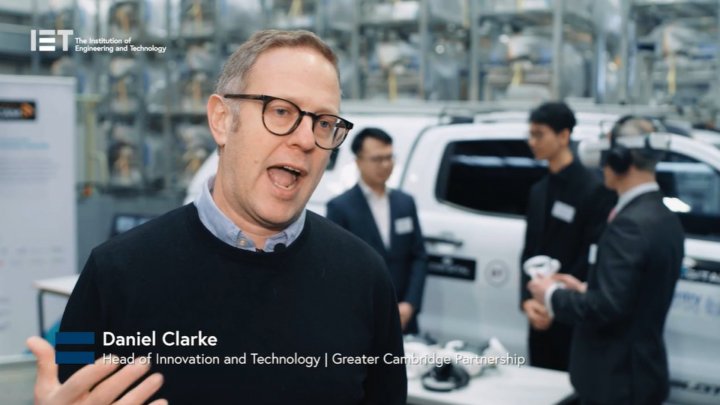

 Connector
Connector

The Connector project will trial three self-driving vehicles providing passenger services from Park & Ride sites to the University of Cambridge’s West Cambridge Campus and the Cambridge Biomedical Campus, leveraging a private 5G network to help ensure continuity of service.
About the project
The Greater Cambridge region has achieved growth and success on an international scale, but high commuter demand has led to issues of congestion and poor air quality. As Cambridge continues to be one of the fastest growing cities in the UK these issues are getting worse.
Reduction in private car use is seen as critical in addressing these issues. To achieve this the Greater Cambridge Partnership, and partner Cambridgeshire County Council, are looking at how technologies such as autonomous vehicles can support public transport networks.
The Connector project will undertake an at-scale trial of self-driving vehicles, with three buses providing passenger services that integrate with existing public transport in Cambridge.
Services will operate from Park & Ride sites to two destinations in the city: the University of Cambridge’s West Cambridge Campus and the Cambridge Biomedical Campus. The trial will be undertaken in a phased manner supported by thousands of simulated scenarios. The self-driving vehicles will test the use of a private 5G network to support monitoring of the vehicle, further supporting safe and efficient autonomous operations.
Key to the project is engagement with a local operator: to run a self-driving service using its existing staff, management, ticketing and payment mechanisms.

Watch: IET Interview with Connector
The Institute of Engineering and Technology (IET) interview the Project Connector team about the mission, objectives, and future plans for the project.
Hear about what makes this project unique, how it helps move the industry forward, and why the funding is so important.


{{ teamMember.name }}
{{ teamMember.title }}
